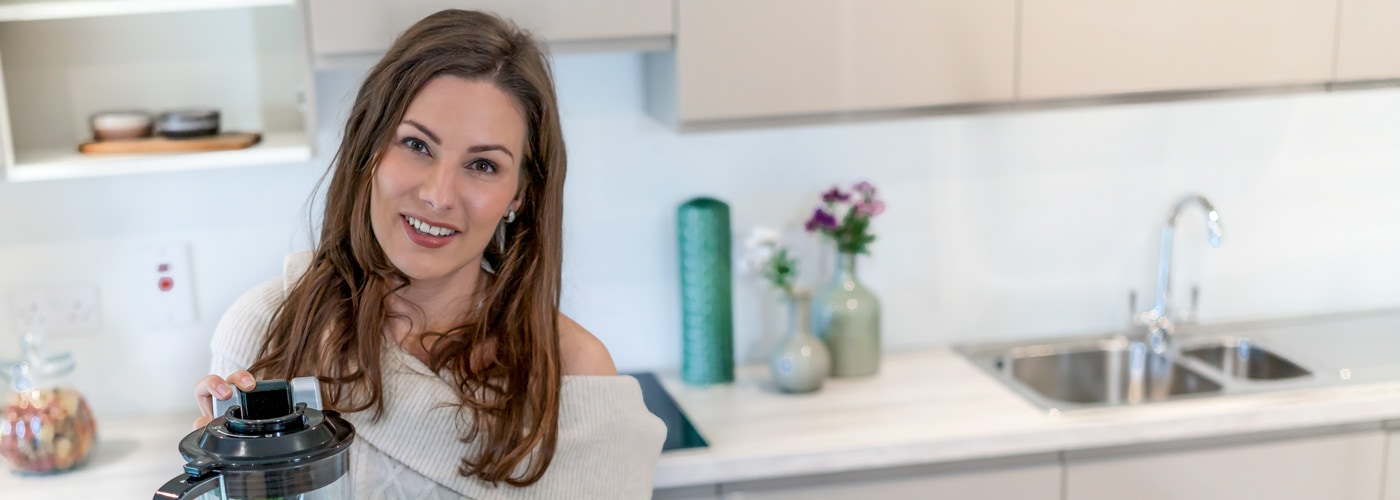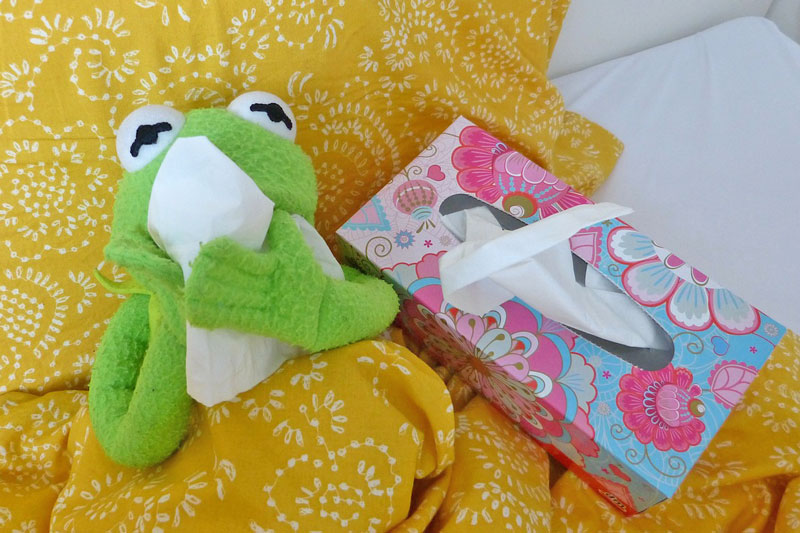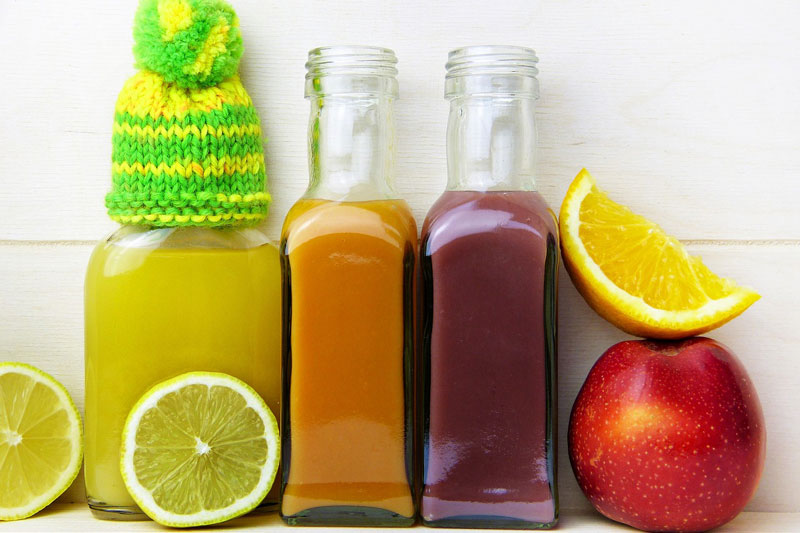
How to avoid catching a cold or cough
As the days are getting shorter and the temperature plummets, cold and flu season will soon be upon us. Many of us are looking to find natural remedies to cure a common cold but wouldn’t it be even better if we were able to prevent it?
Although I can’t promise you that you will never catch a cold again, I will share my favourite tips with you on how to minimise the chances of catching a cold.
The rhinovirus family causes most respiratory tract infection, unfortunately, there are about 200 different variants of this family which makes it hard to build effective antibody protection.
- As adults, we get on average 2-3 colds per year while children suffer up to 12 infections per year.
- This totals around 200 respiratory tract infections in a lifetime.
- Meaning we spend up to 5 years with nasal congestions, sore throats, headaches, coughs and about 1 year in bed.
Antibiotics are not appropriate for virus infections and won’t strengthen your immune system to counter further infections.
Let’s have a look at the things you can do to minimise your risk of infections.
Go outside and be active
While we all know that exercise has many benefits for our overall health it can also help you prevent or conquer a cold or flu.
If you are training regularly there is no benefit in upping the level, too intensive training might actually even have an adverse effect.
Moderate exercise is believed to:
- Allow white blood cells and antibodies to circulate around your body more rapidly and to detect invaders earlier
- Raise the speed of your breathing and help to clear the bacteria out of your airways
- increase body temperature, so that the bacteria won’t grow as quickly which makes it easier for the body to fight the infection
- slow down the release of stress hormones, which can decrease the immune function
Tips:
- Prioritise outdoor exercise
- Swap one of your gym sessions for a brisk walk outside
Top up on Vitamin C
Vitamin C is very important for the health of mucous membranes and maintaining the normal function of your immune cells.
Unfortunately, consuming high levels of refined sugar competes with the absorption of Vitamin C. Therefore, it is a good idea to keep your Vitamin C levels topped up.
- You not only find high Vitamin C levels in fruits but also in veggies like broccoli, sprouts, cauliflower, bell peppers, spinach, cabbage, sweet potatoes and winter squash.
- Also, include plenty of oily fish, walnuts or flaxseed oil. They contain Omega 3 fatty acids which have anti-inflammatory properties to fight inflammation.
- Moderate your alcohol intake. Alcohol can blunt your immune cell functions by affecting the structure and integrity of your gut. The majority of your immune system lives in your gut but alcohol will also put a strain on the defence mechanism of your liver.
- Limit caffeine intake. Caffeine may suppress the way certain immune cells are being produced, how they move around and the chemicals they secrete.
Tips:
- Eat plenty of immunity-boosting foods like fresh fruit and vegetables.
- Avoid refined sugar and unhealthy fats.
- Drink plenty of water and moderate your alcohol intake.
- Swap caffeinated drinks with herbal teas or check out my Turmeric Ginger Tea & A Natural Cold Remedy.
Sleep yourself to good health
Recent research found that people who stay up late are more prevalent to developing psychological disorders, diabetes, neurological disorders, gastrointestinal/abdominal disorders and respiratory disorders.
The researchers commented that the increased mortality risk in people who stay up late might be attributable to the misalignment of their “internal clock” and the timing that is imposed on them by work or social activities.
Tips:
- A lack of sleep compromises your immune function and so does staying up late. Create a routine -Try to pick a bedtime and stick to it as best as you can.
- Put a drop of lavender oil onto your pillow or have a camomile tea before going to bed.
- Stay away from any sources of blue light (computer screens, phones, TVs) for 60-90 minutes before you go to bed. This will help your body to reach the melatonin levels required to fall asleep.
- Expose yourself to daylight first thing in the morning, to realign your body’s circadian rhythm. Simply enjoy your first tea on the balcony or in the garden.
Take time to relax and avoid stress
A report combining more than 300 studies showed that different forms of psychological stress have different effects on the immune response.
While acute stressors (only lasting for minutes) tended to suppress cellular immunity it preserved the immune response involving antibodies in body fluids rather than cells. Chronic stressors, on the other hand, suppressed the immune response in both, body fluids and cells.
Tips:
- Find ways to relax that work for you. This might be something different for everyone, you can try meditation, yoga, going for a walk or just reading a book.
- Try a digital detox and stay off social media for a while, you would be surprised how liberating it can feel.
- Take an Epsom salt bath twice a week, it is high in magnesium which helps to relax body and mind.
- Stress can also mess with the appearance of your skin find out How To Nourish Your Skin From Within.
Your turn
What do you do to avoid catching a cold? I am looking forward to reading your comments.
For more updates follow me on Facebook, Twitter, Instagram, Pinterest or subscribe to my YouTube channel!
Like it? Pin it for later!













